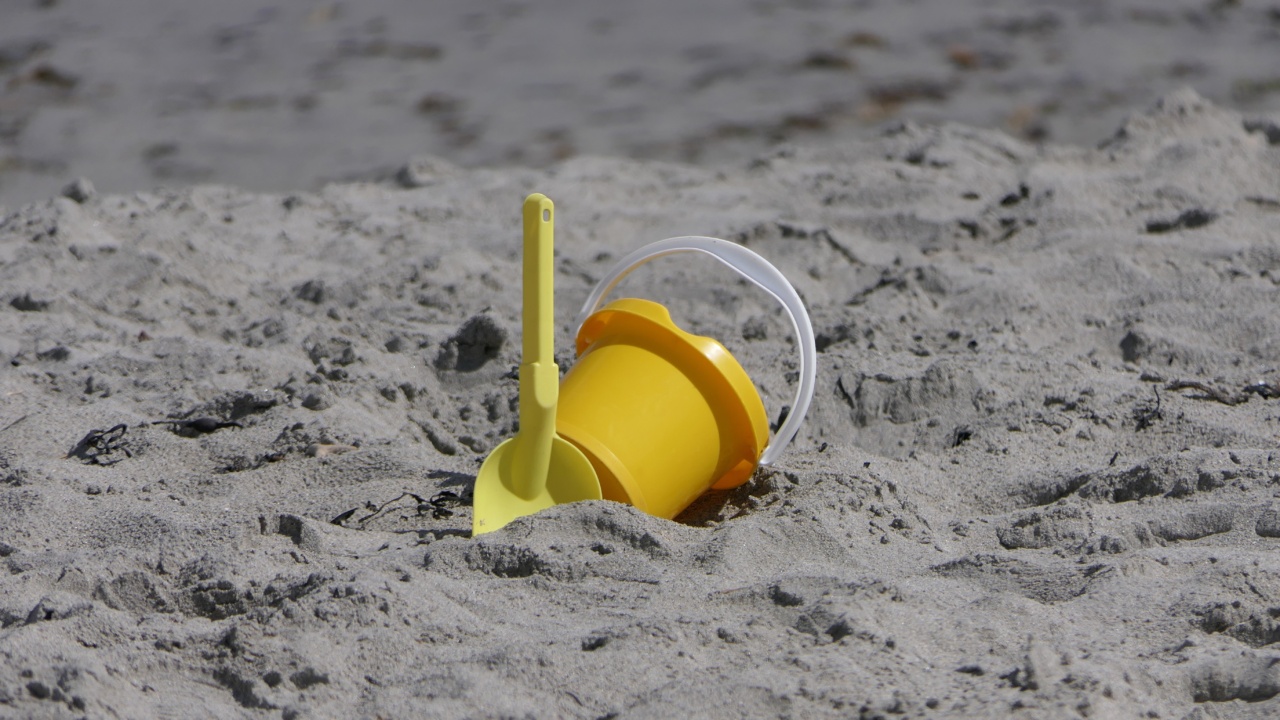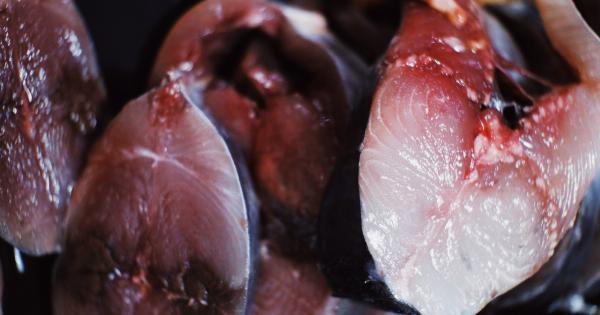Sinus infections and skull base conditions are disorders that can significantly impact one’s health. Sinus infections are infections that affect the nasal passages and sinuses.
The sinuses are small air-filled cavities located behind the cheekbones, forehead, and nasal bones. When these nasal passages become inflamed, it leads to sinusitis. Skull base conditions, on the other hand, are conditions that affect the base of the skull and the surrounding structures.
These conditions can affect the brain, cranial nerves, and blood vessels that supply the brain.
Symptoms of Sinus Infections
The symptoms of sinus infections are similar to those of the common cold. They include:.
- Nasal congestion and discharge
- Facial pain or pressure
- Headache
- Cough
- Fatigue
If the infection lasts more than 10 days, it can lead to complications such as a bacterial infection. People with weakened immune systems or pre-existing medical conditions are more likely to develop complications.
Treatment of Sinus Infections
The treatment of sinus infections depends on the underlying cause. For bacterial infections, antibiotics are prescribed. If a viral infection is the cause, then antihistamines, decongestants, and pain relievers may be recommended to alleviate symptoms.
In some cases, surgery may be required to remove blockages or to correct structural abnormalities that cause chronic sinus infections.
Symptoms of Skull Base Conditions
The symptoms of skull base conditions vary depending on the specific condition. Some common symptoms include:.
- Headache
- Nausea and vomiting
- Changes in vision, hearing, or smell
- Difficulty swallowing
- Seizures
- Neck pain and stiffness
Treatment of Skull Base Conditions
The treatment of skull base conditions depends on the cause and severity of the condition. In some cases, medication may be prescribed to alleviate symptoms or to treat the underlying cause.
For severe cases, surgery may be required to remove tumors or alleviate pressure on the brain. Non-invasive treatments such as radiation therapy may also be recommended.
Preventing Sinus Infections
There are several measures that can be taken to prevent sinus infections. These include:.
- Washing hands regularly with soap and water
- Avoiding close contact with people who are sick
- Getting a flu vaccine to reduce the risk of upper respiratory infections
- Avoiding exposure to airborne irritants such as cigarette smoke and pollution
- Using a humidifier to keep nasal passages moist
Preventing Skull Base Conditions
Many skull base conditions cannot be prevented, but there are some measures that can be taken to reduce the risk of developing these conditions. These include:.
- Avoiding head injuries
- Eating a healthy diet to reduce the risk of vascular disorders
- Quitting smoking to reduce the risk of vascular disease
- Exercising regularly to promote overall health and wellness
- Seeking medical attention for conditions that increase the risk of developing skull base conditions, such as tumors or aneurysms
Conclusion
Sinus infections and skull base conditions can significantly affect one’s health and quality of life. While some conditions are unavoidable, there are several measures that can be taken to reduce the risk of developing these conditions.
Seeking medical attention at the first sign of symptoms is essential to ensure prompt diagnosis and treatment.




























